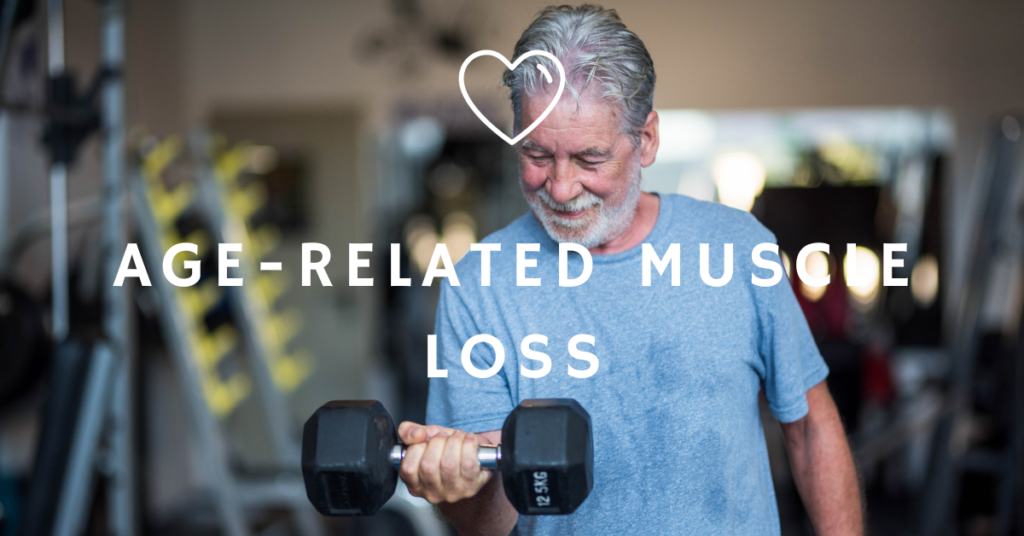Hydration
Hydration
Do you pass by water stations in road races or skip water breaks during practice because you are not thirsty? Have you ever felt fatigued, dizzy, or cramps while exercising in hot weather?
If you answered “yes” to either of these questions, read on to learn how important fluids are for optimal health and performance. If your answers were “no”, read on to make sure you are following fluid recommendations that will optimize your health and performance.
Role in the body
Water is key to life. Humans can survive more than a month without food, but only a few days without water. Water is found inside and outside cells and circulates in the blood. Our body consists of about 60-65% of water; for a 150 pound person, this represents approximately 90 to 98 pounds of water.
Water plays many important roles in the body including:
Transportation
Water transports glucose, oxygen, and fat to working muscles.
Water transports waste products, such as carbon dioxide and lactic acid away from working muscles.
Body temperature regulation
The body wants to keep a constant temperature of approximately 98.6ºF or 37ºC. If the body temperature increases to >106ºF or 41ºC, cells will die.
Working muscles generate heat. In fact, the body can generate 20 times more heat when working, than when at rest.
To prevent overheating, the body regulates temperature by sweating. Water absorbs heat from the working muscles and dissipates this heat to circulating blood and ultimately through the skin.
Sweat evaporates from the skin, which cools it down. This cools down the blood and the rest of the body. More than 80% of metabolic heat is dissipated by sweat evaporation.
Urine
Water transports and eliminates waste-products in the urine.
The darker the urine indicates a greater concentration of waste-products and less water — this indicates dehydration.
Vitamin/mineral supplementation can result in dark urine. Since supplements of individual vitamins or minerals (i.e. Vitamin C, selenium or chromium) may contain more than the body can absorb, they are excreted in the urine.
Digestion
Water is an important component of saliva and gastric juices, which help digest food.
Lubrication
Water is a good lubricator of joints, organs, and tissues.
Role in the diet
Water comes from more than just fluids, it is a major component of many foods. In fact, it is estimated that 20% of our water needs are met through food, not fluids. Meal consumption is critical to ensure full hydration on a day to day basis. Eating food promotes fluid intake and retention.
Foods with high water content add volume but minimal calories to the diet. Thus, these foods high in water are known to promote a feeling of fullness. Fruits and vegetables are two food groups that have generally high water content. Even meat, bread, and dairy products contain some water.
Example of fruits and vegetables high in water include:
Fruit: Watermelon, Citrus fruits, Grapes, Apples, Papaya, Strawberries, Apricots, Cherries
Vegetables: Carrots, Bell peppers, Lettuce, Tomato, Cucumber, Squash, Celery, Broccoli, Cauliflower, Spinach
The daily recommended fluid intake is 10-15 glasses (8oz/glass) depending on your age and sex.
Females and younger people are at the lower end of the range while males are at the upper end of the range.
Foods contribute 20% of the fluid requirements so actual fluid recommendations are 8-13 glasses (8 oz/glass) daily.
Make Half your Plate Fruits and Vegetables to meet the additional 2 cups of fluid through your food intake.
Athletes have greater fluid needs related to the role of water in physical activity. Thirst alone does not adequately supply these fluid needs, it will only supply 50% of fluid needs.
Dehydration
Athletes need to stay hydrated for optimal performance. Many athletes drink when they are thirsty and fail to hydrate before they become dehydrated. Thirst is a biological indicator of dehydration; however, dehydration has already occurred when an athlete becomes thirsty. Even a small drop in body fluids (1% of body weight, or 1.5 pounds in a 150 pound person) can impair performance.
Causes of dehydration
Inadequate fluid intake
Profuse sweating
Failure to replace losses after exercise
Exercising in hot weather, regardless of fluid consumption
Relying on thirst to hydrate
Dehydration, or excessive fluid loss, causes the blood volume to drop. This increases the heart rate as it tries to compensate for the decreased blood supply to the organs. Muscle cramps, dizziness and fatigue are caused by dehydration and can increase the risk for injury. Perceived exertion also increases with dehydration.
Dehydration can lead to heat illness, which impacts physical performance. Signs of heat illness are:
Headache, dizziness
Nausea, vomiting
Weakness, reduced performance
Irritability
Irrational behavior
Inability to concentrate
Fatigue
Muscle Cramps
Confusion/ disorientation
Signs of dehydration and heat illness directly related to performance include reduced muscular strength and endurance.
Prevention
It is important to adequately hydrate before, during and after exercising to prevent dehydration.
Sweat Rate – Sweat is the primary source of water loss during exercise. The difference in sweat rates between individuals makes it difficult to provide a ‘one size fits all’ recommendation. Individuals who sweat easily and in large quantities are at greater risk for dehydration. Women tend to have lower sweating rates than men (smaller body size and lower metabolic rate).
Body weight changes can reflect sweat losses during exercise and can be used to estimate individual fluid replacement needs for specific exercise and environmental conditions. It is recommended that individuals monitor body weight changes during training/competition sessions to estimate sweat loss during specific practice tasks and competitions with respect to varying weather conditions. Estimate your sweat rate per hour by weighing yourself before and after exercise.
contact us
If you have any questions or want to know more get in contact and we will get back to to you asap
our address
Absolute Training and Nutrition. Unit 8, Lauder Lane, Barnstaple, Devon, EX31 3TA.
Our Sevices
- One-to-One Personal Training
- Small Group Personal Training
- Group Training
- Fit3D Body Scanner
- Sports Massage
About Absolute
- Our Facility
- Our Trainers
Contact Us
Absolute Training and Nutrition. Unit 8, Lauder Lane, Barnstaple, Devon, EX31 3TA.
01271 370600
Subscribe our newsletter to get all our cool news.




